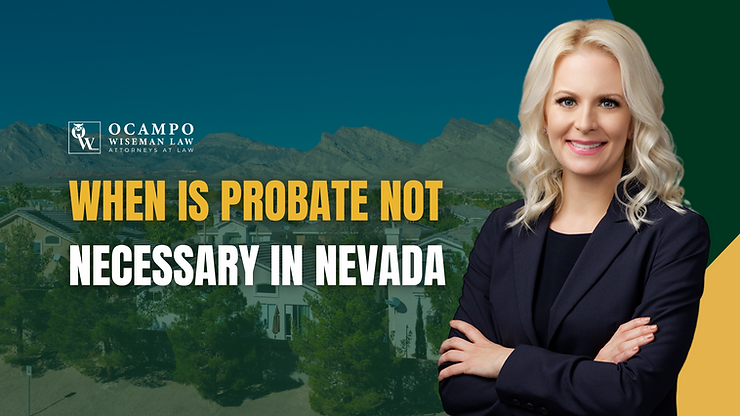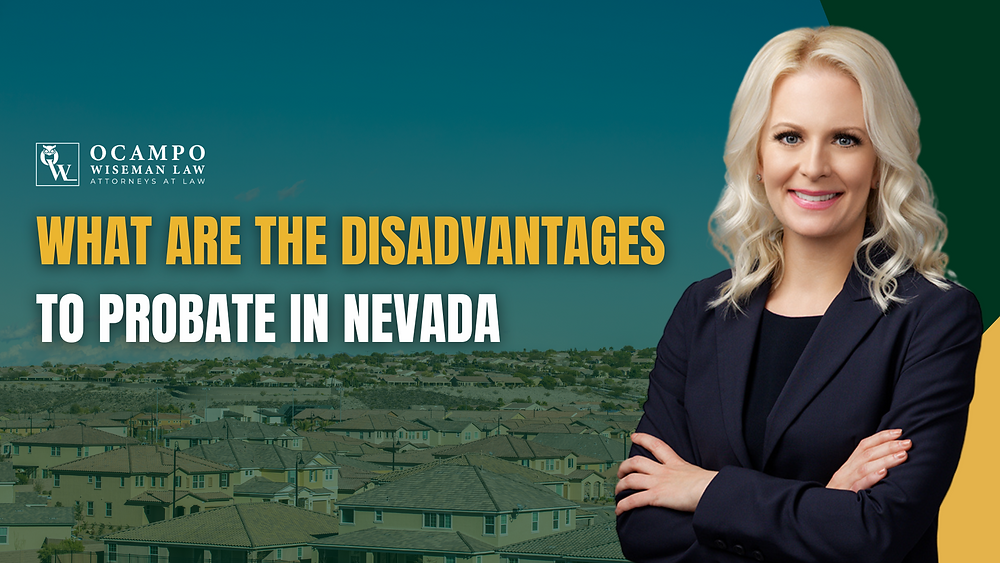Navigating the world of estate planning and probate can be a perplexing task for many. Often, individuals seek to bypass the probate process due to its complexity and the potential delays in asset distribution among heirs. In this article, we discuss scenarios where probate might not be necessary.
The probate process is essentially the legal procedure through which a deceased individual's assets are transferred to the rightful heirs. This process involves court supervision and can become arduous and time-consuming.
However, not all estates require this formal procedure. People often wonder if there's a way to avoid the nonsense of probate court, and there may be situations where it's not required.
When Is Probate Not Necessary?
There is a common misconception that a lack of an estate plan (like a will or trust) automatically requires probate. It turns out this isn't always the case. For instance, in Nevada, if an individual's estate is valued under $25,000 and doesn't include real property (like land or buildings), the heirs may not need to undergo probate proceedings. This means that smaller estates can often be settled more simply, sparing families the need to step into a courtroom.
The Role of Estate Planning
Though certain small estates might avoid probate, it is essential to have an estate plan to bypass the complexities of probate court. If you want to avoid probate, an estate plan is your best bet. With professional planning, you can designate where and to whom your assets should go, potentially saving your family from legal headaches after your passing.
Conclusion
The necessity of probate can depend significantly on various factors, including the estate's overall value and the existence (or lack thereof) of real property within it.
While small estates may circumvent the probate process in places like Nevada, establishing a robust estate plan remains the most reliable route for avoiding probate and easing the transfer of assets to heirs.






